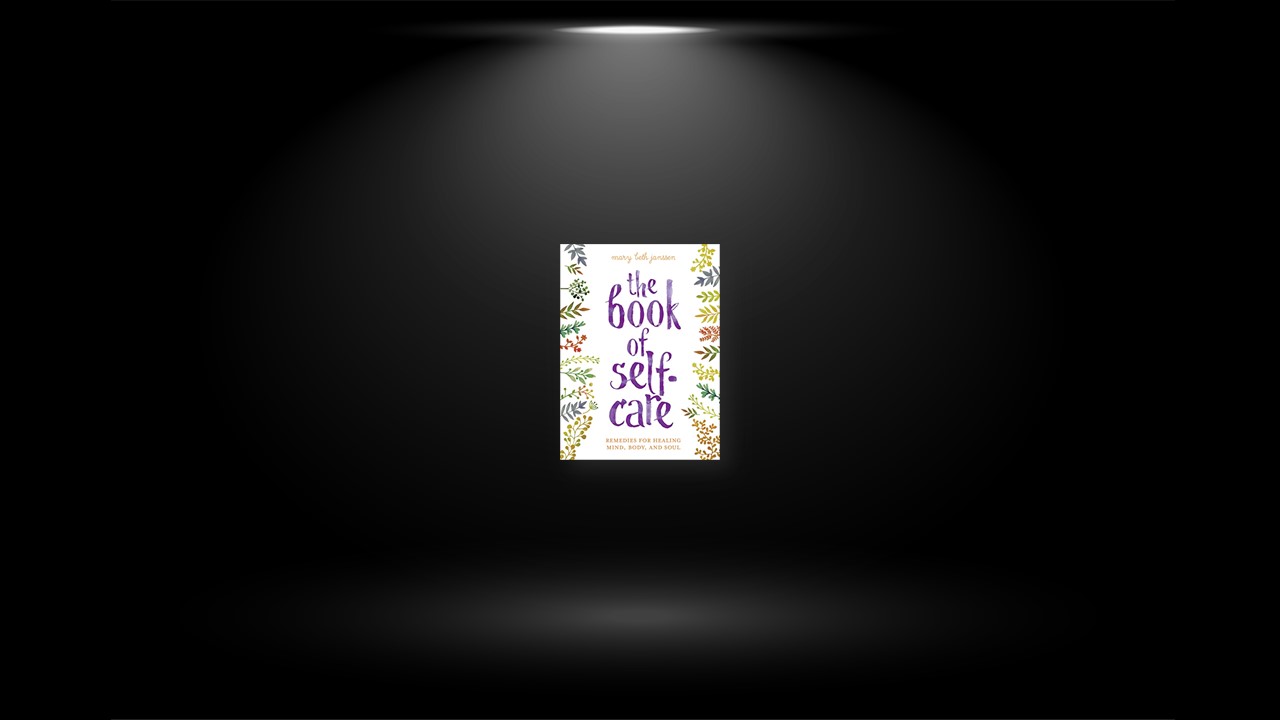Know Thyself and Love Thyself
The ancient Oracle at Delphi said, “Know thyself.” A perennial question on our spiritual journey is, Who am I? The essence of all knowledge is self-knowledge. But do you know who you really are? Though the basis of this quote is debated, some credit the Buddha as saying, “You yourself, as much as anybody in the entire universe, deserve your love and affection.” Jesus told us to love our neighbors as ourselves. Both statements emphasize the idea that we shouldn’t forget to love ourselves first. But how many of us really do? Affirm to yourself right here and right now: I am a citizen of the universe helping to raise the vibration of love here on earth, beginning with my self.
When we are intimately in touch with ourselves, we more readily afford ourselves the love and care that we so deserve. We make the fulfillment of our need for peace, happiness, and well-being a priority. Beyond basic physiological needs, fundamental human needs are for attention, affection, appreciation, and acceptance. These are all slightly different versions of the same thing: love. Whether giving to self, giving to others, or receiving from others, when we don’t have these needs met, emotional discomfort, entropy, and ultimately dis-ease may ensue. So please, spill this love all over yourself and those you care for, and with a grateful heart, receive this healing energy from others.
Stress Less
Stress is at the root of chronic disease and is a killer. chronic diseases are the number one cause of death and disability in the United States, responsible for seven of ten deaths. Chronic diseases include heart disease, stroke, cancer, diabetes, asthma, arthritis, and obesity, among others—with many in large part preventable by modifying risk factors.
When we’re constantly in stress mode, we are slowly ruining our health. There is a better way. When we understand how stress can severely denigrate our mind-body health, we can commit with full awareness to transforming our relationship with it. It’s in large part about perception.
Bruce Lipton, PhD, taught us “The moment you change your perception, is the moment you rewrite the chemistry in your body.” Research shows that those who believe their stress is a normal part of life actually have a reduced risk of stress-related illness or death.
We will never be able to eradicate toxic stress from our lives, but we can learn to reduce and manage stressors by changing how we perceive and respond to them. This is where self-knowledge becomes paramount: knowing that we’re the choice-makers in our own lives. And to modulate or quell the stress response, we must stay in a place of positivity versus negativity as much as we possibly can. Importantly, however, don’t look to escape your shadow. Learn to love yourself there. Let the stress be in you, feel it as much as you can, simply don’t fight it. Give it space. Have compassion toward it. Breath through it. Diffuse it. As Zen monk Shunryu Suzuki said, “Keep your front door and your back door open. Allow your thoughts to come and go. Just don’t serve them tea.”
New Beginnings with “Beginner’s Mind”
Beginner’s mind is in essence playful curiosity. Mindfulness and curiosity make for a lovely partnership. While mindfulness is paying attention to the moment with compassion and no judgment, curiosity is stoked to dive in deeper and unearth new discoveries about what’s being noticed. So a cool part of this is that as we’re developing greater awareness of our self and our world, we’re also learning. What a way to stay engaged with our miraculous life here on this earthly plane!
Lifelong learning is one of the most effective ways to deal with change, and change is ever constant—change in our personal and professional lives, change in our communities, and change in our world. In fact, the only thing that doesn’t change is change! Expect it! Change is a constant in all life. Well-educated individuals make for a better society for all of us. Lifelong learners are happier, healthier, and live longer. Peter Drucker, one of the most influential management educators and authors, said, “We now accept the fact that learning is a lifelong process of keeping abreast of change. And the most pressing task is to teach people how to learn.” Practicing a beginner’s mind-set definitely gives you an advantage in the learning arena.
A commitment to lifelong learning leads to expanded levels of consciousness about our true nature, about others, and about our world. Science has proven this wisdom correct with a new field of study called “neuroplasticity.” If you learn new information, better methods, or experience a change in your perception, your brain circuits (or hardware, for lack of a better word) form new neuron pathways. You rewire and change as you go. When we’re interested, our relationships, our life, our world, and by extension our sweet loving selves become oh-so-interesting. And this never stops, even into old age. You have the tools to keep your brain healthy by just using it. Such a beautiful feedback loop!
The Power of Intention
Intentionality is married to mindfulness. If you want to change some aspect of your life, direct your mind toward a goal, or manifest your dreams, start by setting an intention—making the deliberate decision to create something or intend that something will happen. Intentions aren’t fleeting thoughts or wishes, but, rather, they’re like divine jet fuel—turning your good but half-baked ideas into glorious, wholly formed bullet points. They allow you to visualize and clarify what matters most to you.
No doubt, intentions can assist you in taking greater control over your life. Many people get up in the morning and move through their day with no inkling as to what they want to accomplish or what they want their day to hold.
The author calls this “flying by the seat of your pants!” Conversely, many of us just stumble along after our “habit mind,” mechanically and mindlessly following the exact same path and programming day after day. With intent, you verbalize to yourself what you want to create for yourself or how you want to feel, and by so doing, you program your subconscious to achieve your dreams and transform your being—mind, body, and soul—in wondrous ways.
Setting an intention can be as simple as saying, “I feel grounded,” or, “I am joyous,” or, “I am courageous.” Or, it can be as detailed as that of sweet Bessie—who set an intention at seventy years old to become a world-renowned photographer. Although many thought her too old, she didn’t. She vividly kept her intent and burning desire alive in her mind’s eye. She entered a national photo contest where she won the first prize of $10,000. Her prize-winning photo toured the world with a Kodak exhibit. As Bessie said, “We’re never too old to make our dreams come true.” We’re never too anything to make our dreams come true!
Emotional Housecleaning
All of us tend to walk through life carrying a lot of baggage: past hurts, resentments, and sadness. It is important to let these unhealthy emotions go before they create fragmentation within us, leaving us confused and depleted.
The skill of “present moment awareness” is invaluable for leaving the past and exuberantly enjoying the present. This skill gives you the ability to place your attention on your emotions from the moment you get up in the morning till the time you go to bed at night. It’s a conscious witnessing of behaviors, moods, and actions.
Key to present moment awareness is not to avoid an emotion but to attend to it, to feel it, to sense it without trying to analyze, change, or end it. Let your emotions be and let them speak to you. When you’ve done this successfully, you can let go and surrender to the flow of the emotion toward healing and balance.
Knowing your emotional landscape in this way will prepare you to take to take full responsibility for your own feelings. This in turn will allow you to inform rather than blame when you communicate your needs to others.
Setting Healthy Boundaries
We need to be able to tell other people when they are acting in ways that are not acceptable to us. Many of us remain quiet because we fear conflict or rejection. We also do not express our needs, make requests, ask for support, put forth an alternative point of view, or share our truth for the same reasons. Practice can help us take responsibility for our needs and our “truth” and then express them. It’s all in how you consciously communicate.
Boundary setting is the practice of communicating and asserting your personal values and needs to prevent having them compromised or violated. It’s learning how to negotiate having your needs met as well as how to say no rather than being manipulated into doing anything you do not want to do. Finally, clear, strong boundaries are healthy for your mind, body, and spirit. Allowing anyone to violate what is life-affirming for you drains the joy from your life.
Remember, we condition people how to treat us by what we allow, stop, or reinforce.
Become a Physical Activist
As you walk, cultivate a sense of ease. There’s no hurry to get anywhere, no destination to reach. You’re just walking. This is a good instruction: just walk. As you walk, as you let go of the desire to get somewhere, you begin to sense the joy in simply walking, in being in the present moment. Walks are like snowflakes: No two are the same. Swing your arms, swivel your hips. Take long steps and then short ones. Feel the difference. Look around and smell the air. That is always changing too. You begin to comprehend the preciousness of each step. It’s an extraordinarily precious experience to walk on this earth.
Our bodies love to move! Every minute we devote to physical activity is a blessing for the body, mind, and soul. Along with proper nutrition, it’s one of the greatest healers. Movement is an incredible stress buster. It raises serotonin levels in the body (remember, serotonin is the body’s natural “feel-good” chemical).
Mindfulness is the number one remedy to help us develop a lifelong fitness mind-set for a healthier life. Instead of thinking, “Exercise isn’t my thing” or “I’ll be miserable,” mindfulness allows you to focus on how your body enjoys breathing and moving. It gets you out of your head and builds awareness of how your amazing, miraculous body expresses itself through movement. When physical activity becomes meditation in motion, every movement and every breath is infused with a sense of playfulness and joy.


